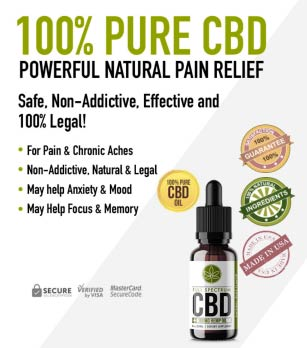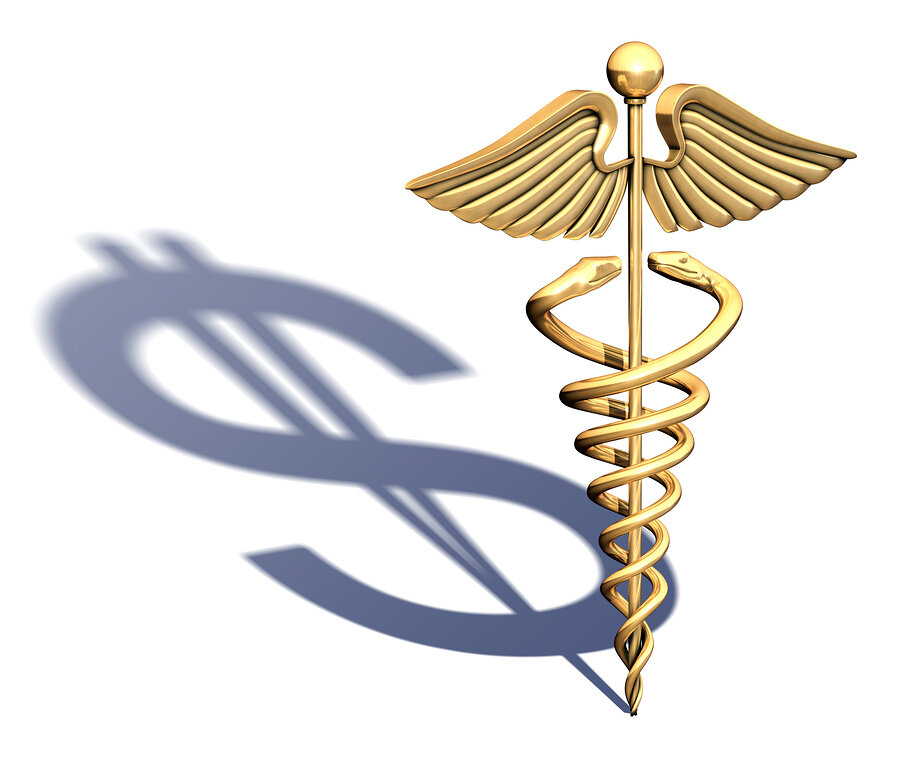Study Finds ‘Urgent Need’ for Regulation of Stem Cell Industry
/By Pat Anson, PNN Editor
Over 2,750 businesses and clinics in the U.S. are selling stem cell products – four times as many as in 2016 – most of them offering treatments for pain and orthopedic conditions that are not approved by the Food and Drug Administration, according to a new analysis.
The only stem cell products that are currently approved by the FDA are used to treat sickle cell disease and some cancers. Despite FDA threats to crackdown on “unproven” stem cell products, clinics have proliferated around the country, marketing stem cell therapies for chronic pain, arthritis and other medical conditions. California, Texas and Florida lead the nation with over 300 stem cell clinics in each state.
"One of the most troubling features of this marketplace is that businesses selling unproven and non-FDA-approved stem cell products often use marketing misrepresentations and aggressive sales tactics to exploit the hope, suffering, fear or desperation of patients," says lead author Leigh Turner, PhD, a professor of health, society and behavior at the University of California, Irvine.
Using Google Maps and other online search tools, Turner and his colleagues spent five years compiling data on stem cell businesses. Their findings are published online in the journal Cell Stem Cell.
Turner's analysis found that the most common types of stem cell treatments being offered were for pain (85%), orthopedic diseases and injuries (46%), and sports-related injuries (22%). Most companies did not disclose on their websites how much their therapies cost, but of those that do, the average price was $5,118. Stem cell injections and infusions are usually not covered by insurance.
"Many of these 'clinics' are promoting unlicensed and unproven stem cell products and claim their interventions do not require FDA approval," Turner said. "However, that couldn't be further from the truth. I found that there is widespread promotion of products that do, in fact, require premarketing authorization by the FDA. In many cases, these clinics are using misleading advertising and predatory marketing techniques."
Most stem cell businesses offer “autologous” stem cell products derived from a patient’s own body tissue – such as fat or bone marrow -- which the companies don’t consider a “drug” that falls under FDA jurisdiction.
The FDA has been slow to take action against unlicensed stem cell operators, due in part to a grace period the agency adopted in 2017 to give them more time to submit new drug applications for FDA review. That grace period recently ended, with no indication that many stem cell providers took the agency up on its offer.
Turner acknowledges there have been “some encouraging results” from studies on stem cell treatments for osteoarthritis and orthopedic conditions, but said there was not enough research yet to justify commercializing them. He worries the stem cell industry has grown so quickly that the FDA can’t provide adequate regulation without substantial increases in enforcement activity.
“There is an urgent need for better oversight of this marketplace. Regrettably, marketing claims by some businesses also question the legitimacy and trustworthiness of regulatory bodies,” he wrote.
Turner’s research was funded by The Pew Charitable Trusts, which released its own report in June that was highly critical of the stem cell industry. Like the Pew report, Turner cites cases where patients suffered injuries after receiving unapproved stem cell treatments, without pointing out that the number pales in comparison to over 250,000 Americans who die every year from medical errors linked to “proven” treatments.





